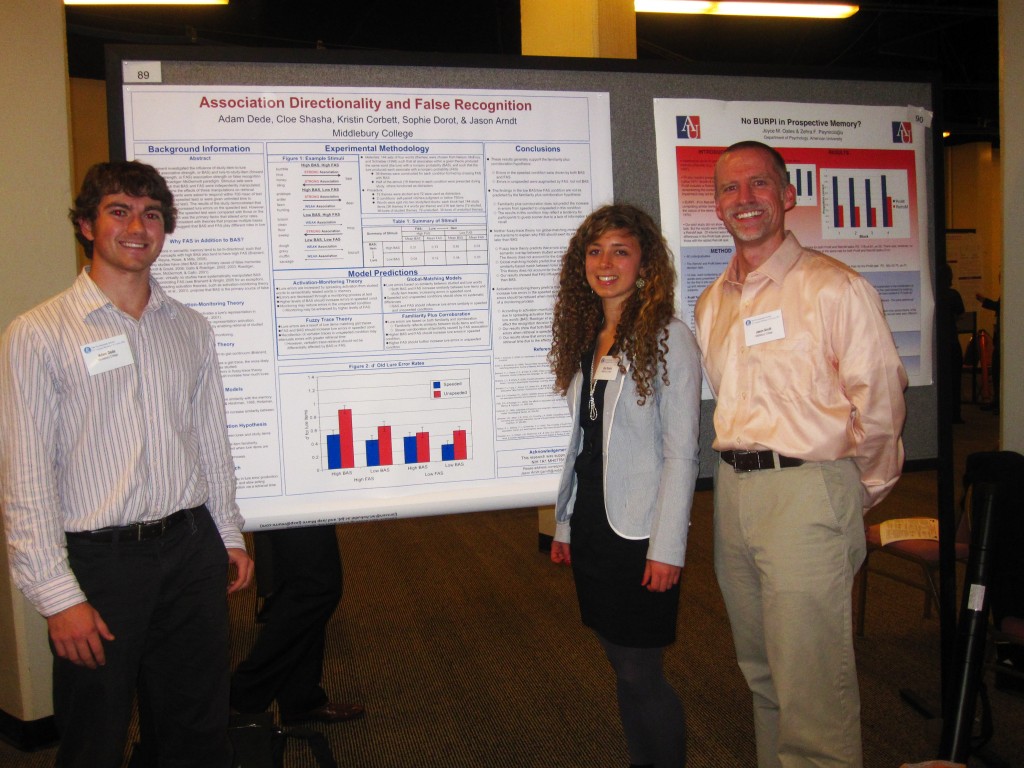As a chemistry major, I’m often asked about the opportunities at Middlebury for the natural sciences. “Middlebury is known for its language and environmental studies programs,” some will say with the underlying question being “Middlebury isn’t necessarily known for their sciences. So how do they fare?”
This is a fair question…and they fare pretty well if I do say so myself.
Middlebury’s Bicentennial Hall – “the science building” – was constructed with the prospect of highlighting the natural sciences in a stereotypical humanities-driven community. It is the home to seven academic departments and three academic programs, equipped with a science-focused library, the biggest window in Vermont, and top-notch professors. The professors are graduates from top research universities who are passionate about teaching. (Teaching in this case is not limited to the classroom, but includes the labs as well). They encourage independent research, they publish academic work with students as co-authors, they teach how to write for their academic discipline, and they are at the front of 100-level courses getting new students excited about their passion with interesting anecdotes and fun demonstrations. Professors, not teaching-assistants, are the ones invigorating students and consequently motivating their passion.
I transferred to Middlebury in the Fall of my sophomore year from a large university where teaching-assistants were the ones teaching my science courses. I came to Middlebury not sure if I still wanted to pursue the sciences. Despite my ambivalence, I mustered the courage to take organic chemistry my first semester and haven’t looked back since. A slew of opportunities has opened up for me upon declaring my major: I worked in an organic chemistry lab at Middlebury over the summer, 3 years later my professor is publishing that research with 3 students as co-authors. The following year I joined an inorganic chemistry lab and did two independent studies looking into a fundamental mechanism to explain Alzheimer’s Disease (which I’ve adopted as my senior thesis). This past summer I did an internship at the University of Michigan-Ann Arbor in their nanoengineering facility. We don’t have engineering – or nanotechnology – at Middlebury but I was still extremely prepared due to the endless opportunities of labwork experience I received back here in Vermont. This summer internship provided another opportunity to do research the following summer, but in an international research facility. I applied and was accepted to work at the National Institute for Material Science in Tsukuba, Japan. To prove that this is Middlebury and not “just me” – two other Middlebury students have done this program. One student did her first summer at Stanford, the other at the University of Minnesota. Each of us applied and went on to do the Japan internship, an incredible opportunity that we can attribute back to the research skills we acquired at Middlebury.
These opportunities and important research skills are not only found in the chemistry department, but in all departments in BiHall (and across all disciplines on campus). For those of you interested in the sciences, but hesitant to pursue them at a liberal arts school like Middlebury, I highly encourage you to give Middlebury a chance. Middlebury has been the perfect place to pursue the sciences and I’m looking forward to applying to chemistry PhD programs this summer.
If you have any further questions about Middlebury and the sciences, please do not hesitate to contact me: stacih@middlebury.edu

